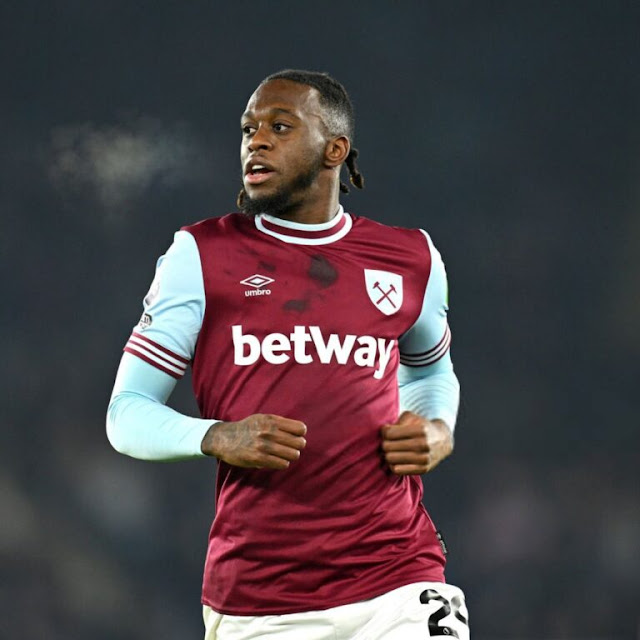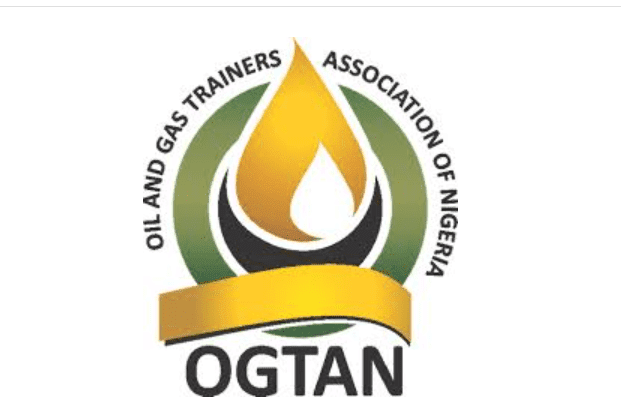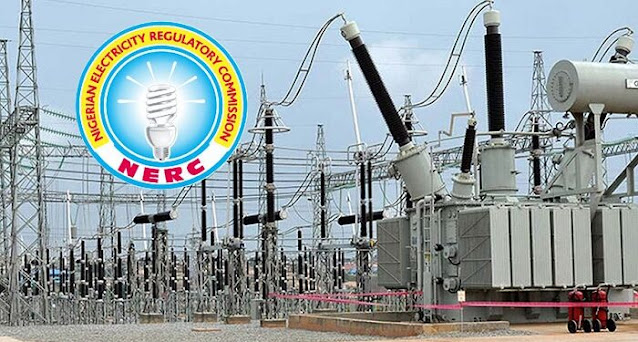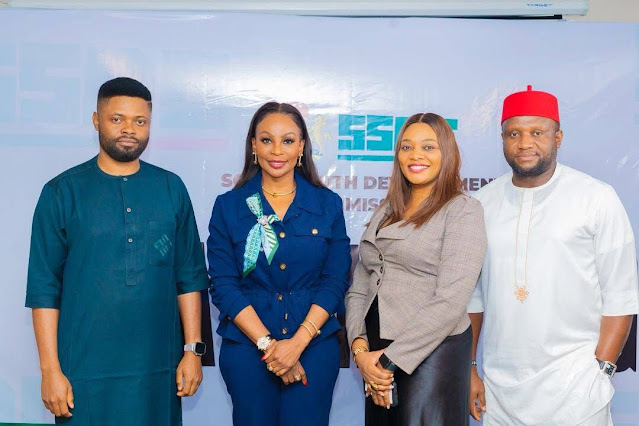In a significant development for African football, West Ham United’s talented right-back Aaron Wan-Bissaka has officially switched his international allegiance from England to the Democratic Republic of Congo (DR Congo), earning his maiden call-up to the Leopards’ squad for the 2026 FIFA World Cup qualifiers. The 27-year-old defender, born in London to Congolese parents, has long been at the center of speculation regarding his international future. After representing England at youth levels and receiving a senior call-up in 2019 without making a competitive appearance, Wan-Bissaka’s decision to pledge his future to DR Congo marks a pivotal moment in his career and a boost for the Leopards’ ambitions. The announcement, confirmed by DR Congo head coach Sébastien Desabre, sees Wan-Bissaka poised to make his senior international debut in crucial matches against South Sudan and Senegal in September 2025.
A Career-Defining Decision
Aaron Wan-Bissaka’s decision to switch his international allegiance to DR Congo comes after years of deliberation and fluctuating prospects with the England national team. Known for his exceptional one-on-one defending and athletic prowess, Wan-Bissaka rose to prominence at Crystal Palace before securing a high-profile move to Manchester United in 2019 for £50 million. Despite his consistent performances in the Premier League, the right-back position in England’s senior squad has been fiercely competitive, with players like Trent Alexander-Arnold, Kyle Walker, and Reece James often preferred by manager Gareth Southgate. Wan-Bissaka’s sole senior call-up in 2019 ended prematurely due to injury, and he has since remained on the fringes of the Three Lions’ setup.
The decision to represent DR Congo, the country of his parents’ birth, reflects both a personal connection to his heritage and a pragmatic choice to seize an opportunity to shine on the international stage. Wan-Bissaka’s inclusion in DR Congo’s squad for the 2026 World Cup qualifiers against South Sudan on September 5, 2025, and Senegal on September 9, 2025, signals the start of a new chapter for the defender. His arrival bolsters an already talented Leopards squad, which includes experienced players like Chancel Mbemba, Arthur Masuaku, and Axel Tuanzebe, as they aim to qualify for the World Cup for only the second time in the nation’s history.
The Significance of Wan-Bissaka’s Switch
Wan-Bissaka’s switch to DR Congo is more than a personal career move; it represents a growing trend in international football where players of dual heritage choose to represent their ancestral nations. This phenomenon has become increasingly common in African football, with players like Pierre-Emerick Aubameyang (Gabon), Victor Osimhen (Nigeria), and Achraf Hakimi (Morocco) opting to play for their parents’ countries despite being born or raised in Europe. For DR Congo, Wan-Bissaka’s decision is a significant coup, bringing a Premier League-caliber defender to a team with lofty ambitions.
The Leopards are currently in a strong position in their World Cup qualifying group, sitting atop CAF Group B with 13 points from six matches. With Senegal and Sudan close behind on 12 points each, the upcoming matches are critical for DR Congo’s hopes of securing automatic qualification to the 2026 FIFA World Cup, which will be hosted across the United States, Canada, and Mexico. The tournament’s expansion to 48 teams has increased Africa’s allocation to nine slots, providing DR Congo with a golden opportunity to return to the global stage for the first time since 1974, when they competed as Zaire.
Wan-Bissaka’s addition strengthens DR Congo’s defensive unit, which already features Marseille’s Chancel Mbemba and former Arsenal full-back Arthur Masuaku. His reputation as one of the Premier League’s best one-on-one defenders, honed during his time at Crystal Palace and Manchester United, makes him a valuable asset. Coach Sébastien Desabre, who has been instrumental in rebuilding the Leopards into a competitive force, expressed his delight at Wan-Bissaka’s inclusion, noting that the defender’s experience and skill will enhance the team’s prospects. “Aaron brings a wealth of quality to our squad,” Desabre said. “His commitment to DR Congo is a testament to his pride in his heritage, and we are excited to see him contribute to our World Cup journey.”
The Journey to the Decision
Wan-Bissaka’s path to representing DR Congo has been a complex one, marked by years of speculation and negotiations. Born in Croydon, South London, on November 26, 1997, Wan-Bissaka grew up in a Congolese household, maintaining a strong connection to his heritage. His early footballing career saw him represent DR Congo at the U-20 level in a friendly against England in 2015, where he experienced an 8-0 defeat. Despite this, he later switched to England, playing for their U-20 and U-21 teams and competing at the 2019 UEFA European U-21 Championship. His performances at Crystal Palace, where he was named the club’s Player of the Year in the 2018-19 season, earned him a call-up to England’s senior squad in 2019, but an injury prevented him from making his debut.
The fierce competition for places in England’s right-back position, coupled with limited opportunities under Southgate, left Wan-Bissaka in a state of international limbo. Reports as early as 2023 indicated that DR Congo was keen to secure his services, with Coach Desabre engaging in discussions with the player’s entourage. At the time, Desabre emphasized that the decision must come from Wan-Bissaka’s heart, stating, “We won’t run after players. If Aaron wants to play for DR Congo, he must show commitment.” The Leopards’ qualification for the 2023 Africa Cup of Nations (AFCON), where they reached the semifinals, likely played a role in convincing Wan-Bissaka of the team’s potential.
In August 2025, reports confirmed that Wan-Bissaka had obtained his Congolese passport, formalizing his switch. His move to West Ham United earlier in the summer, after five years at Manchester United, provided a fresh start, and his performances at the London Stadium have reaffirmed his status as a top-tier defender. The timing of his decision aligns with DR Congo’s push for World Cup qualification, offering Wan-Bissaka a chance to make an immediate impact on the international stage.
The Broader Context: Dual Allegiance in Football
Wan-Bissaka’s switch to DR Congo is part of a broader trend in global football, where players with dual heritage navigate complex decisions about their international allegiance. This phenomenon is particularly pronounced in African football, as diaspora players born in Europe or elsewhere choose to represent their ancestral nations. The motivations for such switches vary, ranging from a desire to reconnect with cultural roots to the practical reality of limited opportunities with European national teams.
For African nations, the inclusion of diaspora players has been a game-changer. DR Congo, for instance, has benefited from players like Mbemba, Masuaku, and Cédric Bakambu, who play in Europe’s top leagues. These players bring technical expertise, professionalism, and global exposure, elevating the quality of national teams. Wan-Bissaka’s addition follows in the footsteps of his former Manchester United teammate Axel Tuanzebe, who also switched to DR Congo, highlighting the Leopards’ appeal to players of Congolese descent.






